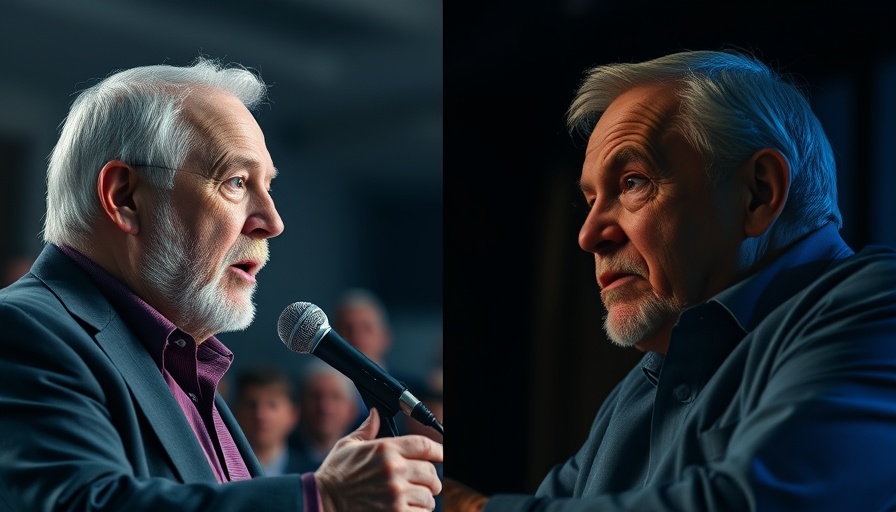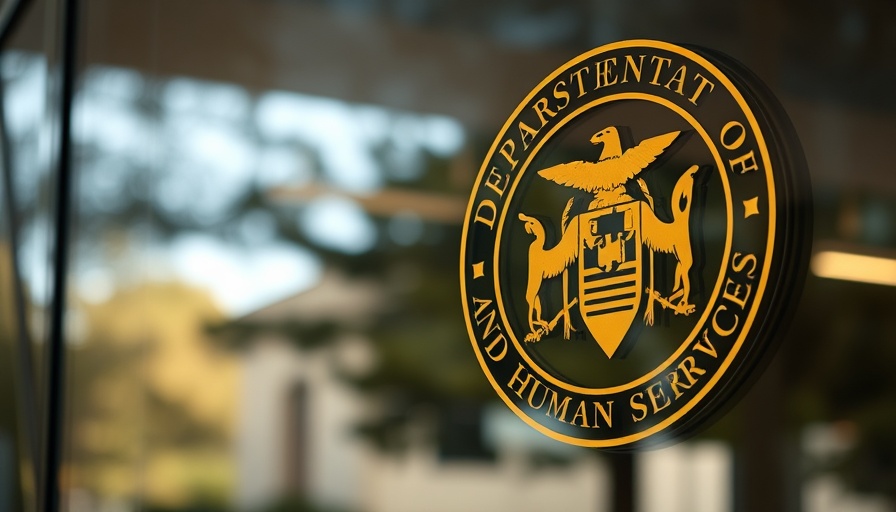
Bill Nye's decisive stand against misinformation
Bill Nye, known for his passionate advocacy of science, recently made headlines by cutting off communication with Robert F. Kennedy Jr. after receiving a flood of text messages promoting discredited theories linking vaccines to autism. In an interview with Men's Health, Nye made it clear: "Just no self-awareness." This phrase encapsulates the gravity of Kennedy's claims and the real dangers they pose to public health.
The correspondence between Nye and Kennedy began innocently enough through a mutual acquaintance, actor Ed Begley Jr. However, upon receiving lengthy unsolicited texts filled with erroneous claims about vaccine safety, Nye's skepticism quickly turned to concern. He emphasized how vital it is to differentiate correlation from causation—a fundamental principle that seems lost on those pushing these messages.
Public health implications of vaccine misinformation
As Nye rightly points out, the ramifications of promoting vaccine skepticism ripple far and wide, contributing to declining immunization rates and measurable health risks such as the recent outbreaks of measles. These outbreaks are not merely statistics; they represent individual lives affected by preventable diseases. With Kennedy now in a significant position within the Department of Health and Human Services, Nye’s worry intensifies. He's not just concerned about personal conversations; this is about the integrity of public health policy.
Nye argues that mandates around vaccines are not about trampling personal rights but about community safety. When influential figures like Kennedy spread misinformation, they sow doubt and fear, which can lead to tragic outcomes within communities.
Exploring the landscape of vaccine skepticism
This isn’t just about two individuals having a disagreement over text messages—it's symptomatic of a larger trend. The skepticism surrounding vaccines is deeply ingrained in certain segments of society, fueled by a mix of personal anecdotes and unverified claims. It's troubling how easily misconceptions can spread, especially in today’s digital age, where information (and misinformation) travels at lightning speed.
Public discussions often fail to address the complexity of health information, leaving many vulnerable to misleading narratives. Research has consistently shown that the odds of vaccine-related health issues like autism are exceptionally low. Regrettably, instead of delivering evidence-based truths, numerous platforms provide legitimacy to fringe theories.
Future predictions: what's at stake?
The question remains: where do we go from here? As vaccine misinformation continues its rise, experts warn of increased public health crises unless substantial measures are taken to uphold scientific integrity. With rapidly fluctuating opinions online, public figures have a responsibility to communicate truths with clarity and confidence. It's not just Nye who's concerned—medical professionals worldwide are sounding the alarm about the potential consequences.
As we look ahead, we must consider what role education will play. Fostering science literacy is more important now than ever. This isn't merely about influencing adults—children, the future generation, must be taught the nuances of health debates so they can make fortified choices when facing misinformation.
Counterarguments: understanding divergent perspectives
Despite the overwhelming evidence supporting vaccine safety, a vocal minority continues to question their efficacy. Advocates of this perspective often argue that mandates infringe upon personal freedoms or that individual testimonials provide stronger evidence than scientific data. While it is essential to listen to all voices, it is equally important to ground discussions in verified facts.
Critics of vaccine mandates sometimes believe they are championing personal autonomy. Conversations about bodily rights can be emotionally charged. However, public health is a collective matter, and the rights of the many often outweigh personal convictions. It's vital that we navigate these conversations with care and sensitivity while still emphasizing the need for informed choices.
Call to action: the role of the community
If you care about accurate health information, join the storytelling movement. Speak out against vaccine misinformation in your community. Hold conversations that matter—educate friends and family on the facts behind vaccines. Engagement is critical to combatting the tide of misinformation. It's not merely about individual beliefs; it's about our collective health.
 Add Row
Add Row  Add
Add 




 Add Row
Add Row  Add
Add 

Write A Comment